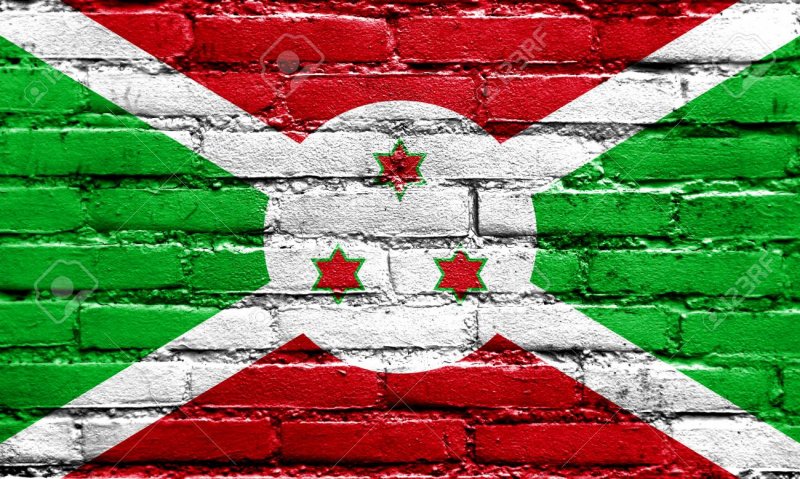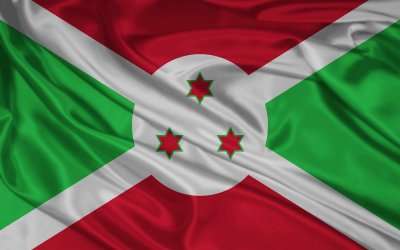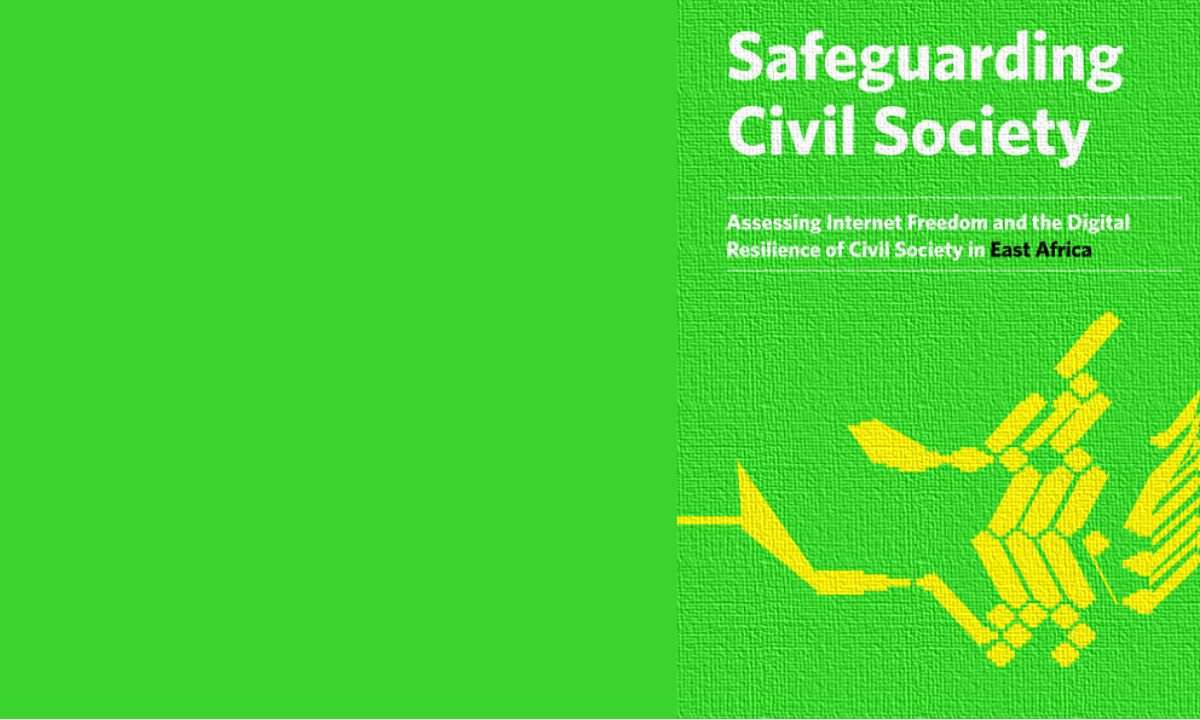By CIPESA Writer |
The state of internet freedom in Burundi continues to decline as the government of President Pierre Nkurunziza tightens control over independent media and critical online publishers. Of recent, frivolous sanctions have been slapped against media houses, access to some online publishers’ websites restricted, and last May, an obnoxious law was enacted that makes it easier for security agencies to conduct surveillance on citizens’ communications with little judicial oversight.
The deteriorating situation follows a May 2015 coup attempt which saw the physical destruction of five private radio and televisions stations by loyalist forces and pro-government militia, and the arrest of several journalists. The events were preceded by a government order to Internet Service Providers (ISPs) to block access to social media platforms such as Facebook, WhatsApp, Twitter, and Viber, so as to curtail demonstrations against Nkurunziza’s bid to run for a new term in office.
On May 11, 2018 Burundi’s president assented to Law No 1/09 of May 11 2018, which amends the Code of Criminal Procedure of 2013. Under Article 47 of the new law, government agencies carrying out investigations can intercept electronic communications and seize computer data. Further, Articles 69, 70 and 71, permit the public prosecutor to issue a written order to start interception of electronic communication of a person under investigation. Moreover, the public prosecutor has the right to instruct service providers and “any qualified agent” from a department or agency under the authority or supervision of the telecoms minister to install any device to facilitate interception.
On the issue of seizure of computer data, Article 72 grants the public prosecutor, without notifying a person under investigation, the right to order the use of technical tools to access data on the suspect’s device (wherever it is located), to save that data, and transmit it. The tool also has the aim of real time capture of data being received or transmitted by the suspect’s device or being typed on the device. The initial duration of this order is a maximum of six months but this period can be extended for another six months if needed. The seized data has to be destroyed after trial. Articles 73 to 79 provide details of conditions in which the technical tool is used.
The new law, which was introduced on April 28 and passed within two weeks, is deemed to be in contravention of the constitution. A human right activist has stated that the law is “clearly a wish to legalise the illegal and arbitrary practices that the forces of law and order have already resorted to for the last three years.” On the contrary, the justice minister defended the law, arguing that the amendments were necessary to give the prosecutor and other government organs powers to address new forms of criminal activity that have emerged in the last few years.
The amendments to the Code of Criminal Procedure come into place when online news media is under attack. Since October 2017, the websites of independent local news publishers http://www.iwacu-burundi.org, http://www.isanganiro.org, and http://www.ikiriho.org cannot be accessed from Burundi except through use of circumvention methods such as proxies. Tests using the network measurement tool, Ooni probe indicate that the websites are blocked from access within Burundi.
In interviews, Iwacu officials confirmed that access to their website was blocked but the Conseil National de la Communication (Burundi’s media regulator) denies any hand in it. Some experts believe the blockage was effected at the level of the Burundi Backbone System (BBS), the primary bandwidth carrier from which most Burundian ISPs purchase bandwidth. Representatives from BBS denied this allegation and advised the news sites to work with ISPs to resolve the matter. Meanwhile, an October 2017 letter to the CNC from the Ikiriho group, an independent online press group (www.ikiriho.org), requesting that its website be unblocked has never received a response.

Interestingly, Isanganiro’s radio station still operates from within Burundi, as is Iwacu’s weekly print newspaper. Online access to the electronic version of Iwacu’s weekly newspaper is charged at USD 27 for a three months subscription, or USD 95 yearly, which means the challenges in accessing its website is affecting the publisher’s revenues. Iwacu accordingly announced an alternative website where readers can access news and has been assisting readers, particularly paying customers, to access its main site using virtual private networks (VPN).
On April 10, 2018, in what seemed like an additional sanction against the online portal, the CNC issued its decision No 100/ CNC/005 ordering Iwacu to ban the comments section of its online news website. The ban followed comments made by the website readers referring to Burundi as a “Banana Republic” while another called the National Police a “presidential police” due to its partisan actions. According to the regulator, the comments violated Article 17 of the Burundi press law No 1/15 of May 9 2015, which requires media groups to rigorously cross-check sources of information before publishing. The three months ban on readers’ comments, is the second slapped on Iwacu by the CNC, the first having been issued in 2013 for similar reasons.
In sanctioning Iwacu, the CNC cited article 55 of the press Law, which gives the communications regulator “the right to suspend or prohibit the use of a press pass (journalist pass or press card), the distribution or the sale of a printed newspapers, a periodical, or any other information medium, the broadcast of a show, the operation of a radio or television station or a news agency, when they do not comply with the law.”
The Iwacu director expressed his sadness at what he deemed an “unfair decision” that would close a “democratic space” where all opinions, both critical and supportive of the Burundi were shared. Nonetheless the comments section was promptly shut down, and currently under each news item there is a message reading: “Due to the CNC’s decision, you cannot react nor add any comment to this article.
In another worrying development, on May 4, 2018, the CNC issued warnings to three radio stations – Radio Isanganiro, Radio CCIB FM+, and Radio France International (RFI, and suspended the licences for BBC and Voice of America (VOA) for six months on allegations of not verifying sources and broadcasting unbalanced news. The BBC was faulted for interviewing Pierre Claver Mbonimpa, a Burundian human rights defender who fled Burundi after an assassination attempt in 2015. The regulator claims that, in the interview which aired on April 24, 2018, the activist who is now based in Europe made “defamatory statements against the head of state” and incited “hatred”.
The VOA was accused of publishing unverified news on three occasions during April 2018. In addition, the VOA was accused of broadcasting through the Online Radio Box application used by Radio Bonesha, a local station whose frequency license was withdrawn by the media regulator last September. Radio Bonesha is among the media houses whose premises were destroyed in 2015 following the coup attempt but it has continued broadcasting via Online Radio Box.
The various developments in the online sphere reflect a similarly worrying rights situation offline. Nkurunziza’s government has continued to face criticism at home and abroad, including accusations by a United Nations committee of inquiry of extrajudicial killings of civilians, including supporters of the opposition, in what could amount to crimes against humanity.
Some observers believe that all criminal code amendments and measures against online and traditional media aimed to silence dissonant voices at a time the country was about to hold a May 17, 2018 referendum on a new constitution. Majority of voters – 73% – voted in favour of the new constitution but opponents say the poll was full of irregularities.
The Burundi government needs to respect the constitutional rights to free speech, access to information and privacy of the citizens and desist from enacting laws and taking other actions that undermine digital rights. Moreover, it should desist from passing laws and regulations without giving citizens the opportunity to meaningfully provide their views.








